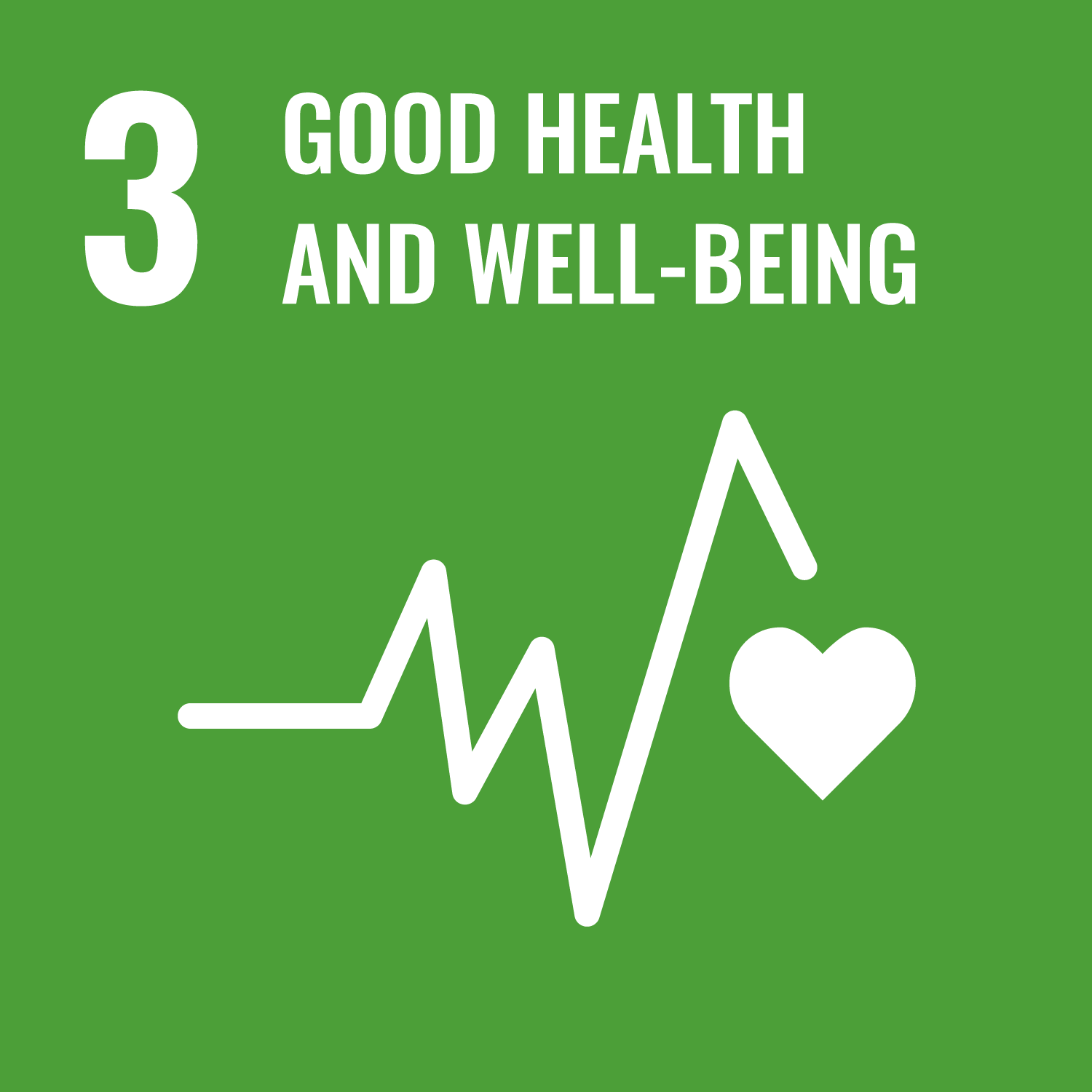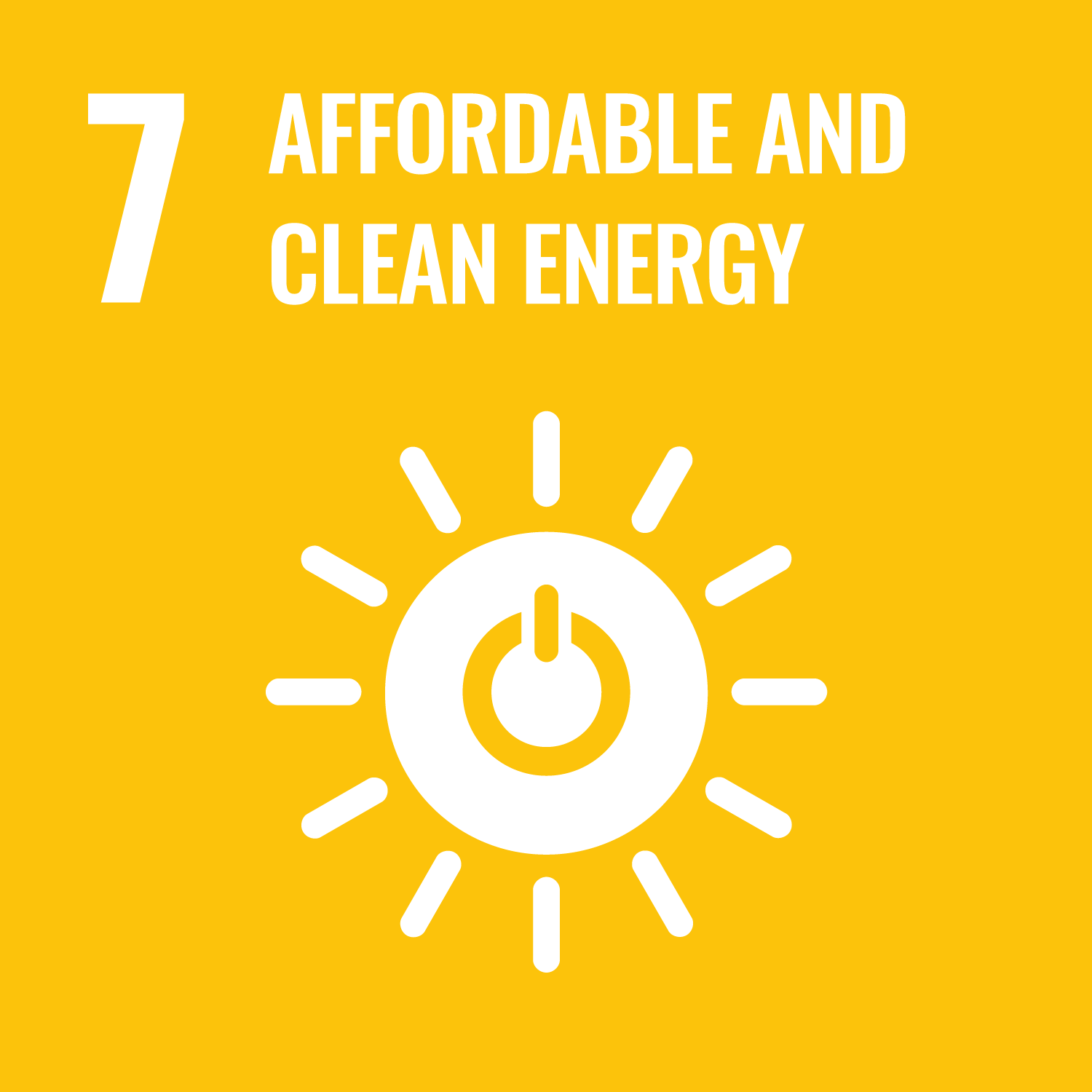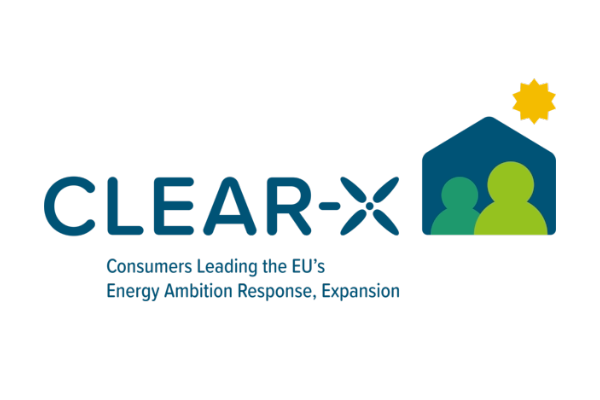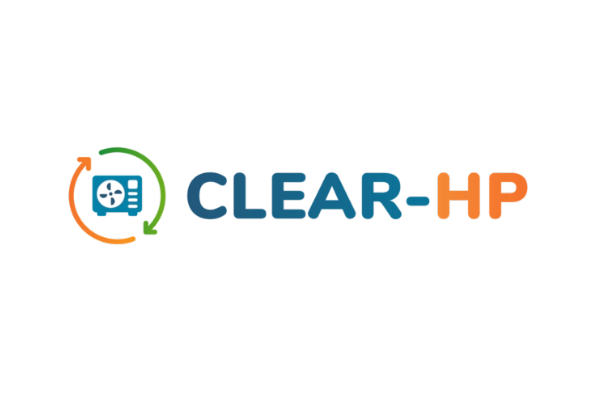POWERPOOR - Empowering Energy Poor Citizens through Joint Energy Initiatives
POWERPOOR - Empowering Energy Poor Citizens through Joint Energy Initiatives
National projectThe main objective of the POWERPOOR project is to develop support programmes to empower energy poor citizens and to encourage the use of joint energy initiatives leveraging innovative financing schemes (e.g., establishing energy communities/cooperatives, using crowdfunding). POWERPOOR facilitates experience and knowledge sharing, the implementation of behavioural changes and small-scale no regret energy efficiency interventions as well as encourage the uptake of renewable energy sources through energy communities and cooperatives, increasing the active participation of citizens. Pilot energy poor support programmes are designed, developed, and implemented in eight countries across Europe (namely in Bulgaria, Croatia, Estonia, Greece, Hungary, Latvia, Portugal, and Spain), led by a network of trained and certified Energy Supporters and Mentors. The Energy Supporters and Mentors support energy poor households to implement behavioural changes and low-cost, no regret, small-scale energy efficiency interventions, as well as encourage them to participate in joint energy initiatives or leverage innovative financing schemes.
Energy poor citizens are engaged through various planned activities, e.g., Info Days. At the same time, Local Energy Poverty Alleviation Offices (EPAO) are established in engaged municipalities staffed by POWERPOOR trained and certified Energy Mentors. The offices serve as a One-Stop-Shop of information for alleviating energy poverty using the POWERPOOR approach. An ICT-driven toolkit i.e., the Energy Poverty Mitigation Toolkit is also developed to complement the support programmes. National Stakeholder Liaison Groups are established in the national pilot countries to facilitate the engagement and be a focal point of the POWERPOOR activities and results. The bottom-up POWERPOOR approach can be part of Sustainable Energy and Climate Action Plans (SECAP), or any other action plan developed by municipalities to mitigate energy poverty in a local level. Based on the experience gained and the lessons learnt from implementing POWERPOOR, EU policy recommendations and eight National Roadmaps have been developed, so that policy makers at all governance levels can be informed on the results of the project. The project results are broadly disseminated, and synergies are pursued with global and EU initiatives, such as the EU Energy Poverty Observatory and the (EU and Global) Covenant of Mayors on Energy and Climate. The participation of networks in the Consortium strengthens the dissemination and exploitation of POWERPOOR outputs across Europe during and beyond the project implementation. The solution will be sustained through the establishment of the POWERPOOR Alliance on Energy Poverty. All the POWERPOOR project results and outputs are available in the website.
Some concrete key performance indicators (KPIs) of the project included:
- 1,174 trained and certified energy supporters and mentors
- 23 established and operating energy poverty alleviation offices
- 3,100 unique visits in the Energy Poverty Mitigation Toolkit
- 66 online and on-site training sessions
- 90 members in the national stakeholder liaison groups
- 33 info days with 1,891 attendees
- 21,000 energy poor households supported by the energy supporters and mentors
- 8 National policy roadmaps and EU policy recommendations
- 57 number of policies in SECAPs or other local action plans
The project started in 2020 and was completed in 2023.
Main beneficiaries: energy poor communities, low income people, vulnerable groups and others.
It addressed the topics of: climate change, communities, information and awareness, renewable energy, financial schemes.
The partners of the project are: NTUA (Greece), Housing Europe (Belgium), ICLEI (Germany), INTRA (Luxemburg), ENERGIAKLUB (Hungary), EKYL (Estonia), ZREA (Latvia), INZEB (Greece), SOFENA (Bulgaria), COOPERNICO (Portugal), GOIENER (Spain), ECN (Belgium).
-
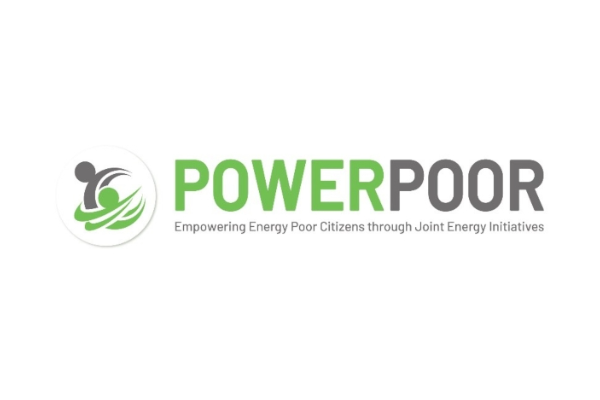
-
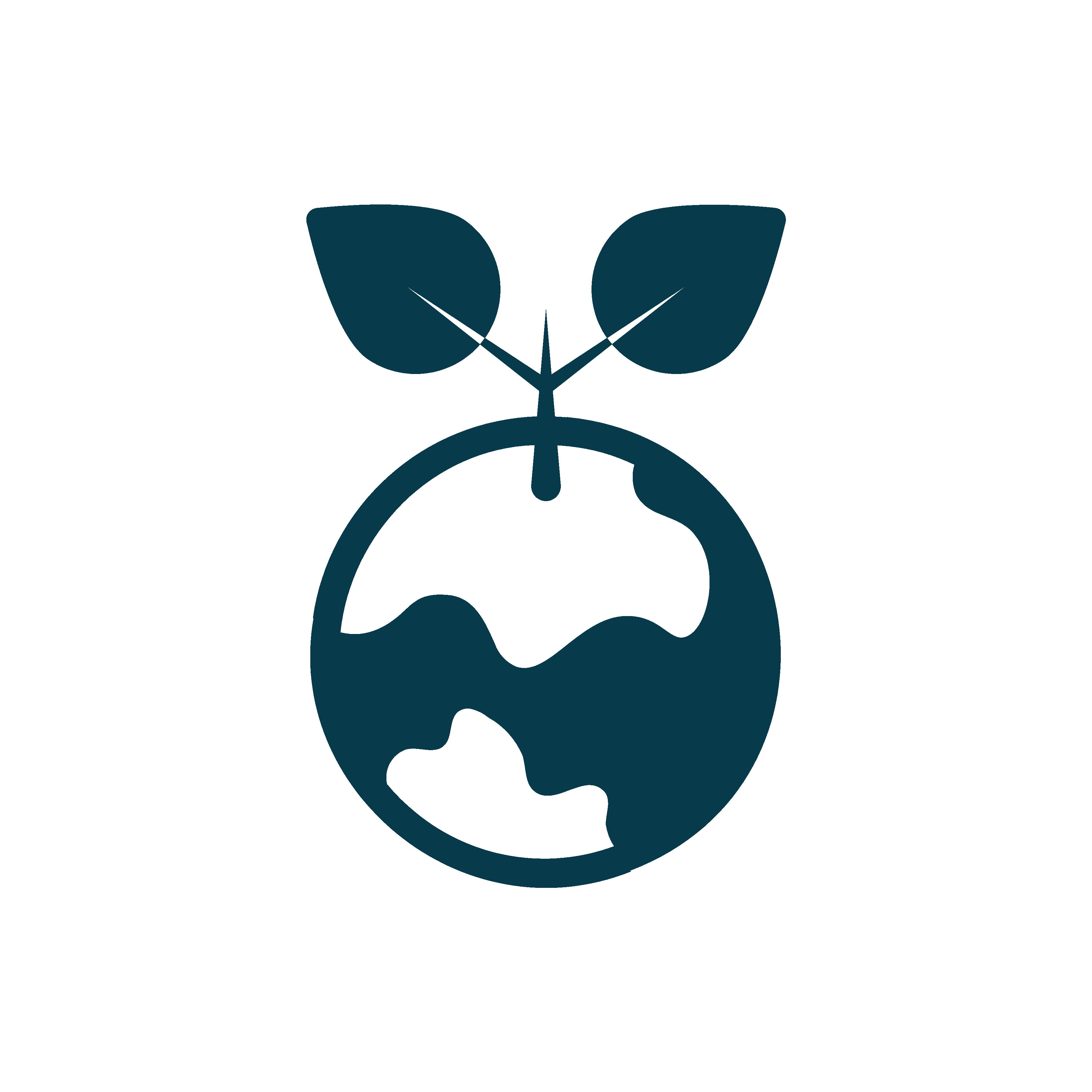
Sofia, Bulgaria
Plovdiv, Bulgaria
Zagreb, Croatia
Križevci, Croatia
Tallinn, Estonia
Messini, Greece
Souli, Greece
Almyros, Greece
Tripoli, Greece
Aspropyrgos, Greece
Thessaloniki, Greece
Athens, Greece
Józsefváros, Hungary
Terézváros, Hungary
Jelgava, Latvia
Ermesinde, Portugal
Lisbon, Portugal
Mértola, Portugal
Tolosaldea region, Spain
REC Hernani, Spain
Tierra Estella, Spain
Oarsoaldea region, Spain
Bergara, Spain -
 Geographical scale:
Geographical scale:
-

-

-
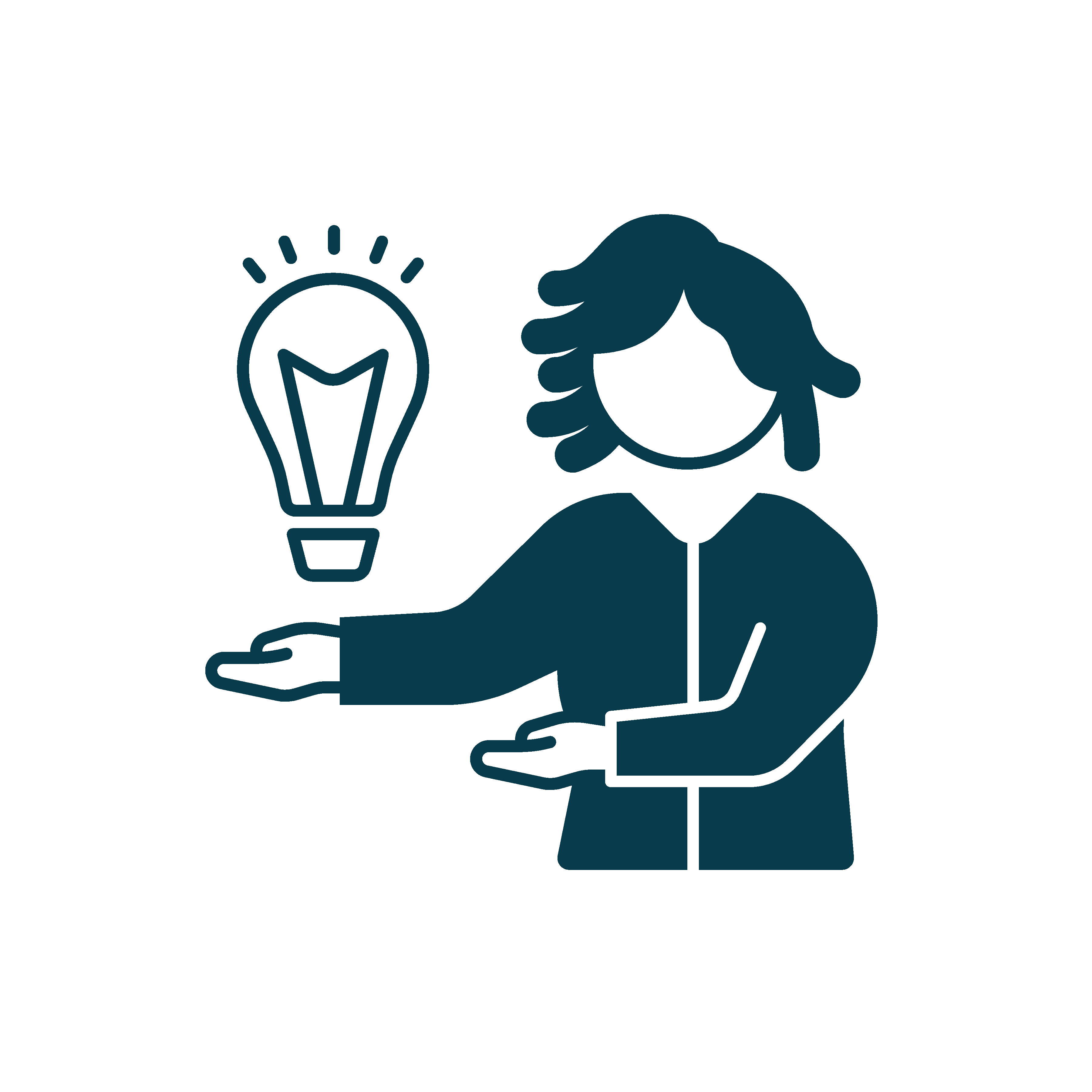 Professionals involved:
Professionals involved:
-
 Type of funding:
Type of funding:
European funds from the H2020 programme of the European Union. -
SDGs addressed:
